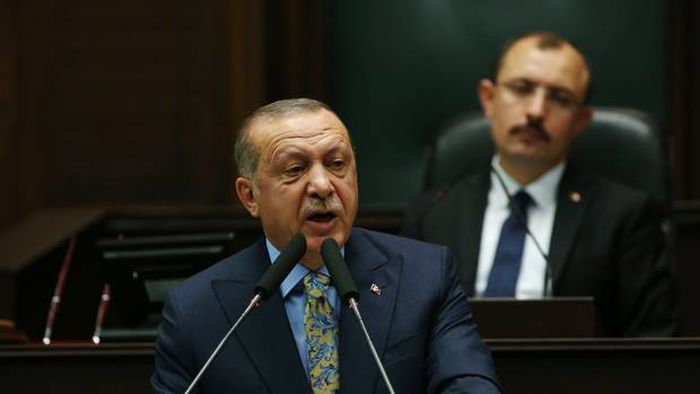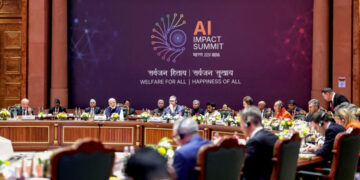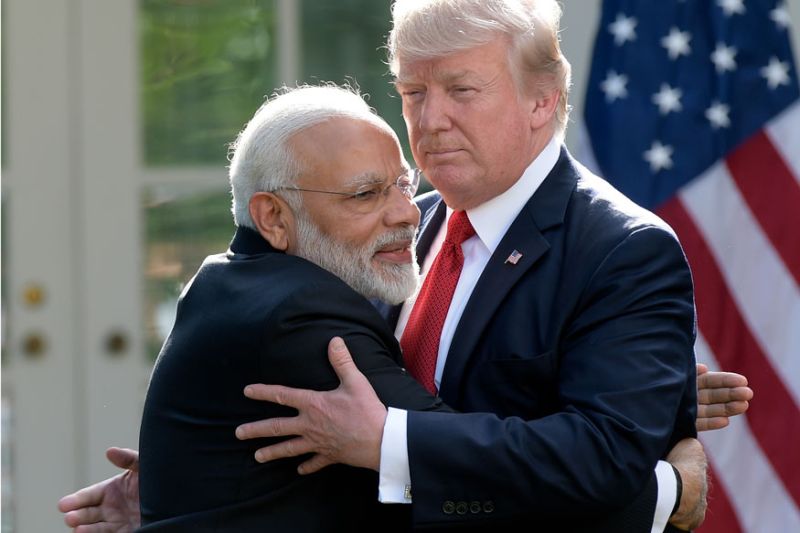By: Mohammed Ayoob
Saudi dissident journalist Jamal Khashoggi’s murder has clearly exposed the brutal nature of the Saudi Arabian regime. It is ironic that the murder of one journalist has succeeded in doing what the killing and starving of innumerable Yemeni civilians have not been able to achieve. His assassination, in the Saudi Consulate in Istanbul, Turkey, has also exposed the Turkish-Saudi rivalry that was largely hidden from public view. Turkey’s President Recep Tayyip Erdoğan’s recent statement in the Turkish Parliament calling the killing “pre-meditated murder”, a claim now accepted by the Saudis themselves, plainly laid the blame at the door of the Saudi regime.
The Turkish press has over the past few weeks made public the goriest details of the murder. It is clear that the Turkish political elite is relishing the embarrassment this case has caused the Saudi regime. Ankara has had an uneasy relationship with Riyadh for several years. But the rise of Saudi Arabia’s reckless Crown Prince, Mohammed bin Salman, who has brazenly flaunted Saudi power, has increased Turkey’s anxiety that the Saudis intend to dominate the Arab world to the exclusion not only of Iran but of Turkey as well.
The American factor
Turkish apprehension has been amplified by the clear signal sent by U.S. President Donald Trump over the last two years (which included making Riyadh the destination of his first foreign trip) that Saudi Arabia had become the kingpin of America’s policy toward West Asia. Ankara perceived the increasing Saudi importance to the U.S. as downgrading of Turkey’s role in America’s West Asian policy, especially since it coincided with a downturn in Turkish-U.S. relations. Turkey’s relations with the U.S. came under strain because of major differences in their approach to the Syrian Kurds. The U.S. militarily supported the Kurdish YPG militia in the fight against the Islamic State, while Turkey, which considers the YPG an extension of the Kurdistan Workers’ Party (PKK), vehemently opposed such a move. Turkey’s decision to buy the S-400 anti-missile defence systems from Russia has also added to the tensions.
The visible U.S. tilt toward Riyadh has further fuelled the existing differences between Saudi Arabia and Turkey. Their disagreements were augmented by the outbreak of the Arab Spring in 2011. Turkey enthusiastically welcomed the overthrow of authoritarian governments while the Saudi regime, feeling vulnerable itself, strongly opposed them. Matters came to a head when a military coup in Egypt in 2013 led to the overthrow of Egypt’s President Morsi, who belonged to the Muslim Brotherhood. Turkey had applauded Mr. Morsi coming to power as a vindication of the moderate and constitutionalist Islamist model that the Justice and Development Party (AKP) represented in Turkey and an indication that the Brotherhood was headed in the same direction.
On the other hand, Saudi Arabia was, and is, intensely apprehensive of constitutionalist and moderate Islamism that uses popular political mobilisation as its main strategy to gain power since it directly challenges the Saudis’ absolutist Islamism. This is the basis of the visceral Saudi animosity towards the Brotherhood. It was not surprising that the Saudis embraced Egypt’s General Abdel Fattah el-Sisi, in 2013, and immediately granted $2 billion to the military regime to save it and also Egypt’s tottering economy.
The Qatar angle
Other differences have also came to the fore in the past couple of years. Saudi Arabia imposed a blockade on Qatar in 2017, principally to punish it for its cordial relationship with Iran, with which it shares the world’s largest natural gas field. Qatar also has close relations with Turkey and hosts a Turkish military base. The Emir of Qatar had sent a contingent of soldiers to provide security to Mr. Erdoğan during the failed military coup in 2016. Consequently, Ankara, alongside Tehran, has supported Qatar — flying in essential supplies to break the blockade and further reinforcing Turkish military presence in Qatar.
Turkey’s pro-Qatar stance also reflects the difference in Riyadh’s and Ankara’s policies toward Iran. While wary of Iranian ambitions and at odds with it on the Syrian conflict, Turkey is interested in keeping its relations with Iran on an even keel because Iran is a major supplier of energy. Also, Ankara and Tehran face a common threat from Kurdish separatism. Therefore, while Saudi Arabia is locked in a series of proxy wars with Iran, Turkey has been careful not to take sides in this regional cold war.
Until recently Turkey and Iran were on opposite sides in the Syrian conflict, with Iran supporting the Assad regime politically and militarily and Turkey acting as the principal conduit for weapons supplies to the opposition. However, recent moves amounting to a rapprochement among Ankara, Moscow and Tehran indicate that a modus vivendi has been worked out between Iran and Turkey on defining their spheres of influence in Syria. This has upset the Saudis for it relieves the pressure on Iran in the Fertile Crescent and allows it to concentrate its energies on contesting Saudi ambitions in the Persian Gulf and in Yemen (where the Saudis are engaged in a bloody battle with the Iranian-supported Houthis).
These pre-existing differences between the two countries as well as genuine anger at the heinous crime in Turkey’s leading city have provided Ankara both the high moral ground as well as the opportunity to discredit the Saudi regime — especially the Crown Prince whom Mr. Erdoğan detests — and to drive a wedge between Saudi Arabia and the U.S.
Mohammed Ayoob is University Distinguished Professor Emeritus of International Relations, Michigan State University and the author of ‘The Many Faces of Political Islam’ and ‘Will the Middle East Implode?’
Courtest The Hindu






